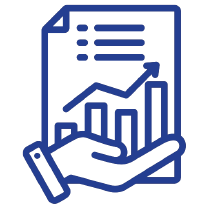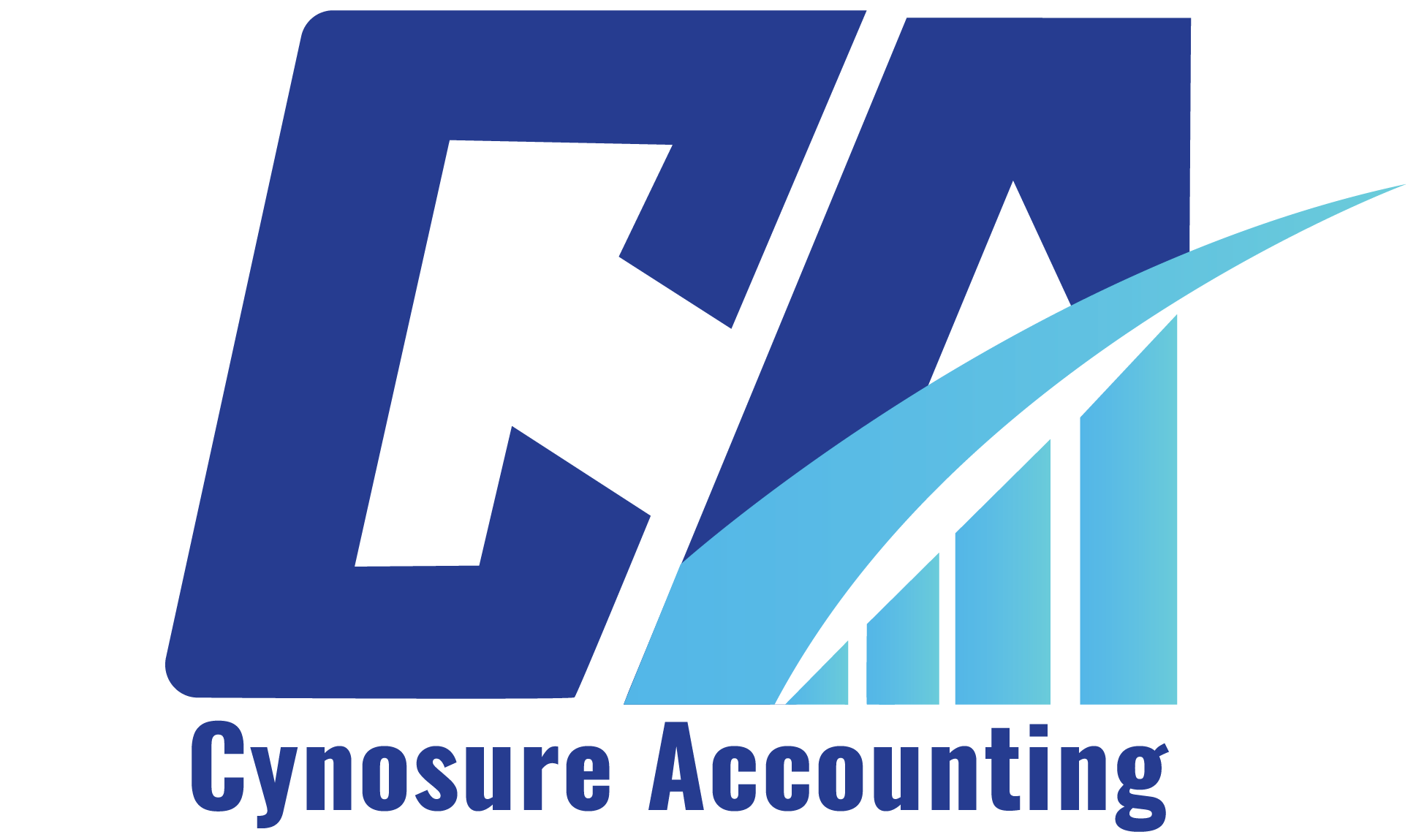Real Estate Businesses
Fixed Asset Management for Real Estate Businesses | Cynosure Accounting
Managing fixed assets in real estate businesses is crucial for tracking property value, optimizing depreciation, and ensuring compliance with accounting regulations. Without a structured fixed asset management system, real estate businesses risk financial miscalculations, inefficient operations, and missed tax benefits. At Cynosure Accounting, we provide expert solutions, including fixed asset management and tax services, to help real estate businesses streamline asset tracking, improve cash flow, and maximize returns.
Comprehensive Accounting Services for Your Business
At Cynosure Accounting, we provide professional accounting services designed to simplify financial management and drive your business success. Whether you’re a small business, a startup, or an established corporation, our expert team delivers tailored solutions that meet your unique needs.
What Is Fixed Asset Management in Real Estate?

Fixed asset management in real estate businesses involves tracking, maintaining, and optimizing tangible assets such as residential and commercial properties, land, and infrastructure. It also includes property, plant, and equipment (PPE) management, ensuring businesses can accurately record asset depreciation, comply with financial regulations, and maximize return on investment. An efficient fixed asset management system enables real estate businesses to make informed financial decisions, improve asset utilization, and enhance overall profitability.
Why Fixed Asset Management Matters for Real Estate Businesses
A well-structured fixed asset management system provides real estate businesses with clarity and control over their investments. One of its primary advantages is accurate depreciation tracking, which ensures compliance with GAAP, IFRS, and IRS tax regulations while maximizing tax deductions. Additionally, it optimizes asset utilization by providing real-time insights into asset performance, preventing financial discrepancies, and reducing unnecessary expenditures.
Key Features of a Fixed Asset Management System for Real Estate Businesses
Asset Tracking and Inventory Management
Real estate businesses often own multiple properties and assets across various locations, making asset tracking essential. A well-designed system ensures accurate tracking of rental units, commercial properties, land, infrastructure, and building components such as HVAC systems, elevators, and lighting fixtures. Cloud-based asset management solutions provide real-time insights into asset status, usage, and maintenance schedules, helping businesses streamline operations and maintain updated asset records.
Automated Depreciation and Valuation Management
Depreciation plays a significant role in real estate accounting. An advanced fixed asset management system automates depreciation calculations using different methods, such as the straight-line, declining balance, and MACRS methods. By automating these calculations, businesses can generate precise financial reports, optimize tax benefits, and ensure accurate asset classification in financial statements.
Maintenance and Compliance Management
Regular maintenance is crucial in extending the lifespan of real estate assets and preventing unexpected repair costs. An effective asset management system schedules routine maintenance, tracks compliance with building safety codes, and reduces the risk of costly repairs. Additionally, it helps businesses avoid legal issues by ensuring all properties meet regulatory and safety requirements.
Benefits of Fixed Asset Management for Real Estate Businesses
Improved Financial Planning
Fixed asset management enables real estate businesses to budget more effectively by providing accurate asset valuations. It also improves cash flow management by tracking expenses and forecasting future investments. With well-maintained records, businesses can make better strategic decisions regarding asset acquisitions and disposals.
Increased Operational Efficiency
Automating asset tracking and depreciation calculations significantly reduces manual data entry errors, enhances productivity, and provides real-time financial reports for better decision-making. Businesses can focus on growing their portfolio rather than dealing with administrative inefficiencies.
Risk Management and Compliance
Fixed asset management minimizes compliance risks by ensuring accurate financial reporting and tax filings. Real estate businesses can avoid overpaying property taxes due to incorrect asset valuations and prevent financial discrepancies by eliminating ghost assets from their records.
How Cynosure Accounting Helps Real Estate Businesses
Streamlined Asset Tracking
Cynosure Accounting offers a comprehensive fixed asset management system that centralizes asset data and provides real-time insights. Our solution helps businesses eliminate ghost assets, maintain up-to-date inventories, and streamline asset lifecycle management.
Automated Depreciation Calculations
We provide automated depreciation calculations using industry-standard methods, ensuring businesses comply with financial regulations and optimize tax benefits. Our system supports straight-line depreciation for long-term planning, declining balance for accelerated deductions, and MACRS for real estate tax optimization.
Seamless Integration with Accounting Software
Cynosure Accounting integrates seamlessly with leading accounting software such as QuickBooks and NetSuite, allowing businesses to automate tax reporting, generate accurate balance sheet reports, and maintain real-time asset updates.
Cloud-Based Accessibility
Our cloud-based platform ensures businesses can access their asset data anytime, from anywhere. With multi-user access, property managers and accountants can collaborate efficiently while benefiting from real-time reporting and enhanced security.
Best Practices for Effective Real Estate Fixed Asset Management
To maximize the benefits of fixed asset management, real estate businesses should conduct regular property audits to ensure all assets are accurately recorded. Maintaining detailed and up-to-date financial records is crucial for tax compliance and long-term planning. Automating depreciation calculations reduces human error and enhances compliance with financial regulations. Additionally, businesses should properly classify their assets to distinguish between land, buildings, and improvements for tax reporting purposes.
Choosing the Right Fixed Asset Management System for Your Real Estate Business
When selecting a fixed asset management solution, businesses should consider factors such as scalability, cloud integration, user-friendliness, and automated compliance features. A scalable solution can handle multiple properties and expand as the business grows. Cloud integration allows access to asset data from any location, while an intuitive interface simplifies asset tracking for property managers. Automated compliance features ensure tax and financial reporting accuracy, reducing regulatory risks.
Transform Your Real Estate Asset Management with Cynosure Accounting
At Cynosure Accounting, we provide fixed asset management for real estate businesses, ensuring precise tracking, accurate depreciation, seamless accounting integration, optimized tax benefits, and scalable solutions for growing portfolios.
Ready to streamline your real estate asset management? Schedule a free demo with Cynosure Accounting today and take control of your fixed asset management with confidence.
All Clients Are Important For Us






